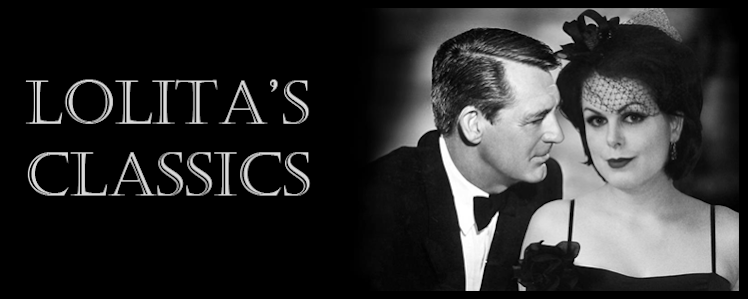
Director: D. W. Griffith
USA 1919
90 min

Not being one of the motion picture pioneer D. W. Griffith's usual mastodon pieces, this is an unobstrusive dramatic story about forbidden love between a poor, abused girl, Lucy (Gish), and a Chinese man, Cheng Huan (Barthelmess), who travelled to the United States to spread the learnings of Buddha.
When Lucy, after having been brutally beaten by her father, ends up fainting at the doorstep of Cheng's store, he instantly becomes fascinated with the beautiful, unhappy girl. He takes her up to a room above the store, treats her well and sees that she recovers. When her father, Battling Burrows (Crisp), finds out that she is having a relationship with a "simple China man", he takes her back and prepare to learn her a hard lesson.
Following is a hideous scene, one of the most frightening I've ever seen in a film. Scared to the bone, Lucy panics and hides from her insane father in a closet, desperately hugging a doll Cheng had given her. All the while her father bangs on the door, Lucy tries to appeal to her father's feelings, yelling that "They will hang you!" and "T'was nothing wrong!".
To prepare for the scene, Gish supposedly visited an insane asylum to learn how to imitate the feeling of pure horror. She managed so good that people walking by the studio during filming tried to rescue her when hearing her screams.

Lillian Gish and Richard Barthelmess.
G. W. Bitzer's photography is simly amazing. He and Griffith collaborated to find ways to soften the light and bring out the dreamlike feeling of the surroundings. They used different filters, they greased the camera lens and came up with tons of other ideas of how to make the perfect cinematography. It has to be seen to be understood.
For the untrained eye (i.e. to those who do not think much at all), this film might seem like racist propaganda. Racial slurs like "Chinky" are used, and the Asians (always smoking a hookah) are mostly played by Kaukasians in yellowface. This does however have explanations.
[Updated for clarification.]
The racial slurs are not meant as offensive, they are mearly a product of the time. Several times in the film Battling Burrows is actually pointed out as a common racist (see lines like "He didn't like people who were born in another country").
Why Kaukasians play the roles of Asian people is simple to explain: the production code at the time forbid non-Caucasians to kiss the Caucasian leading actor/actress on-screen, thereby reducing the possibility of a non-Caucasian having a romantic leading role at all. (At this time the only big Asian name in Hollywood was Sessue Hayakawa, and soon Anna May Wong [post about her and difficulites like these here] would enter the scene.)
Yes, it's racism - but it had however nothing to do with the director's choice directly.


Broken Blossoms was the first film to be produced under the name of United Artists, a production company founded by Griffith, Mary Pickford [post], Douglas Fairbanks and Charles Chaplin. Initially it was supposed to be released through Adolph Zukor's Artcraft company, but when Zukor saw the final production he got furious.
"How dare you deliver such a terrible film to me!"
Griffith returned to Zukor's office the next day with $250 000 in cash and bought the film back from him, releasing it himself.
Well done, lucky us. It's a fantastic film, even though it's a true tearjerker.

D. W. Griffith.

Adolph Zukor.
I went through the trouble to put together the famous closet scene from Broken Blossoms with a Mike Oldfield song, since I think it's such fun to mix old and (relatively) new. The song is called "Evacuation", and you can find it on the soundtrack to The Killing Fields (1985). I kind of liked the result!
You can call it blasphemy if you want, but then you should know that I at first considered The Beatles' "Help!" and The Pixies' "Here Comes Your Man"...
